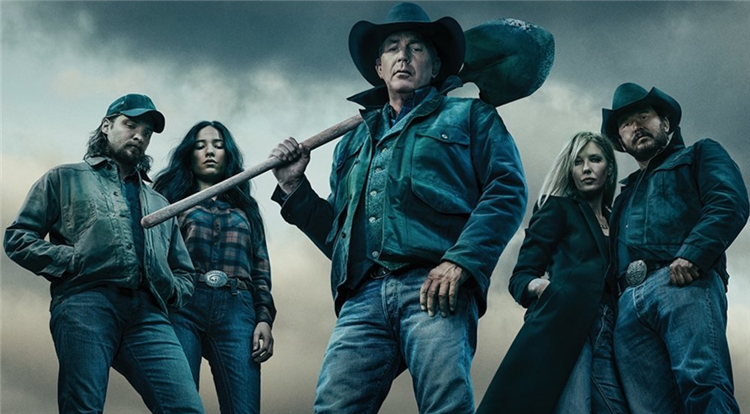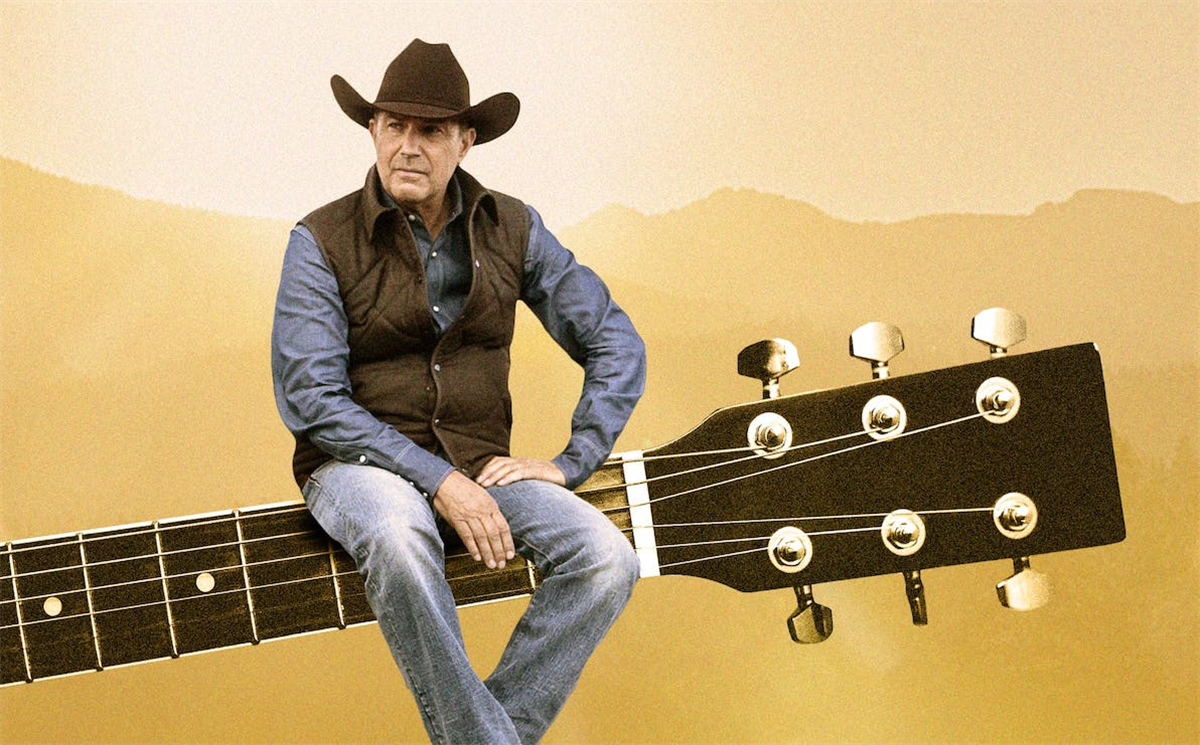On the strength of its nearly three-season run on Paramount Network, the post-Western saga known as Yellowstone has become one of the best-loved series on cable television, boasting both a rabid fanbase and robust viewership numbers. If the overwhelmingly positive reaction to Yellowstone’s current season is any indication, it’s poised to keep the chaos coming for seasons to come.
Chaos continues to reign in the Yellowstone narrative, with all manner of shocking twists, violent outbreaks, and devious double-dealings fueling the drama in Taylor Sheridan’s distinctly modern tale of an old-school cowboy’s noble stand against a rapidly encroaching world. That cowboy is played by none other than big-screen icon Kevin Costner, whose John Dutton stands as the head of the largest ranching empire in America. He also owns the deed to a sprawling piece of land that borders the titular national park. As such, that land is the very definition of covet-worthy, and is perpetually being lusted after by sleazy politicians, greedy land developers, and other opportunistic outsiders.
Watching even a single episode of Yellowstone will no doubt confirm why said territory is coveted, with the Yellowstone Dutton Ranch’s majestic landscapes and gloriously unspoiled vistas playing the part of star as often as Costner. The soul-consuming darkness and caustic loneliness inherent to Yellowstone’s narrative naturally play as a startling counterpoint to the majesty of the world in which it unfolds.

While the esteemed Yellowstone cast are chiefly responsible for bringing those heavy thematic elements to life, the contributions of composer Bryan Tyler should certainly not be overlooked. We’d go so far as to say Tyler’s introspective, often epically low-key compositions are the unheralded key to Yellowstone’s continued emotional resonance.
Music is the emotional core of the Yellowstone narrative
Tyler, perhaps best known for his work on blockbuster fare like Iron Man 3 and Avengers: Age of Ultron, eschewed his penchant for dramatic high notes and electronic flourishes in his approach to Yellowstone’s music, opting instead for a more stripped-back, distinctly organic approach more in tune with the series’ complex emotional palette. Per the composer’s recent interview with Gold Derby, that was a very calculated decision.
“Sometimes a single instrument plays to what the show is about. All these people are together as a family, but they are all incredibly lonely. Everyone is on their own path,” Tyler explains. “With a wind instrument you hear the breathing, with a single cello you hear the fingers moving over the strings to get from one note to the other. You hear all of the human error. It plays to that idea that even though there’s this epic setting and it’s dealing with this incredible power and money and these characters, but at the end of the day they’re all alone and they’re all searching.”

“Leaving the imperfections makes it very human,” Tyler adds, emphasizing his decision not to, “Over-correct it and polish off all of the rough edges. I strove for so long as a musician trying to be perfect. Doing scales, doing runs over and over, always striving. At a certain point I thought wait what is that? That’s not what soulful music is.”
To watch the first two seasons of Yellowstone is to understand exactly what “soulful music” is, with Tyler’s sparse, yet grandiose compositions adding layers of emotional subtext that might’ve gone unnoticed or morphed into high melodrama in the hands of a showier composer. As it stands, Brian Tyler’s stunning music remains the fluttering heart of one of television’s most engrossing human dramas.
